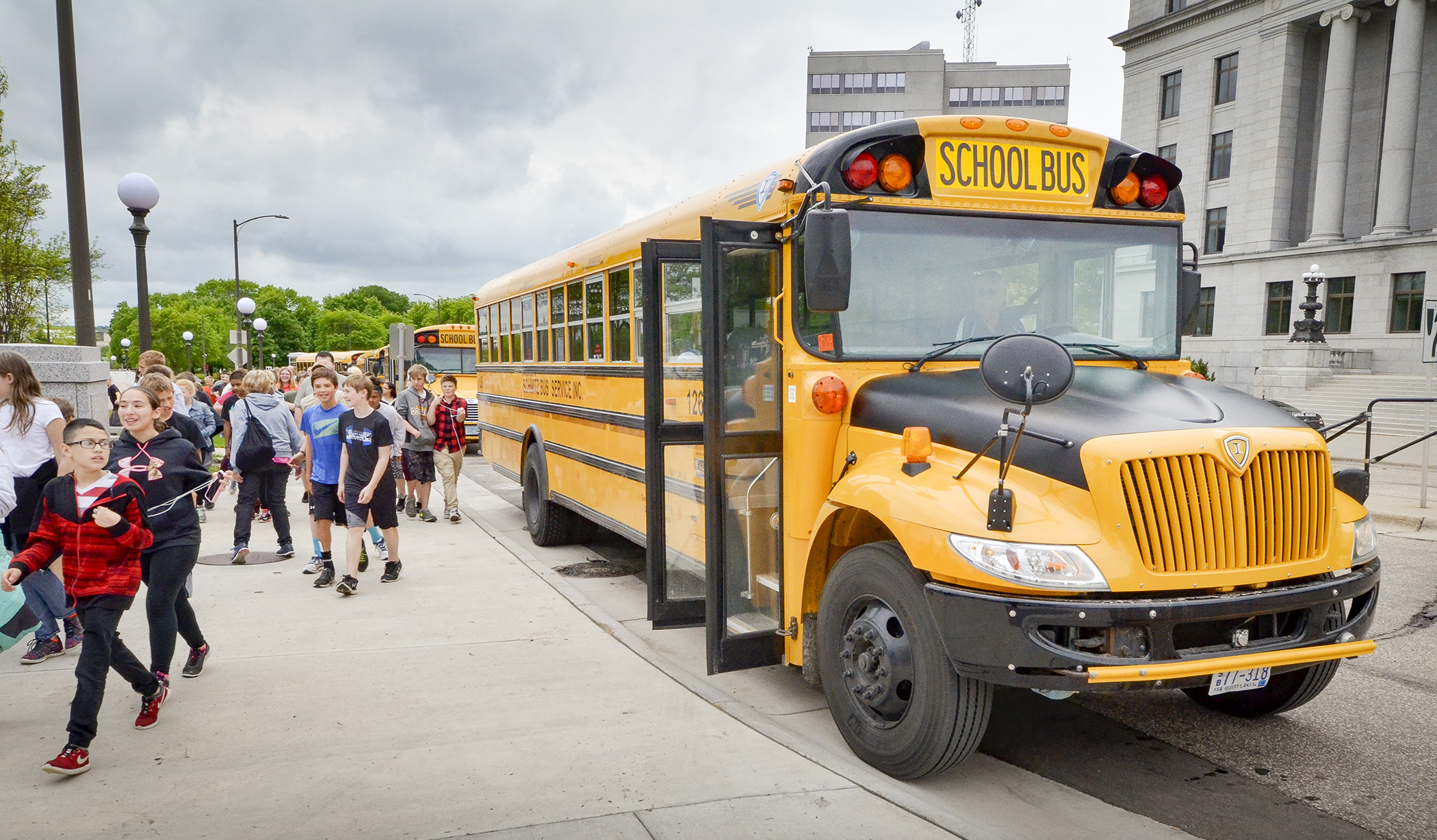Governor’s proposed 2024 education finance bill includes expansion of voluntary pre-K program

The governor’s proposed supplemental education budget for fiscal year 2025 may save the state roughly $9 million in the General Fund.
The House Education Finance Committee received an overview of Gov. Tim Walz’s K-12 education finance bill. Sponsored by Rep. Cheryl Youakim (DFL-Hopkins), HF5237, which contians the requests, was laid over for possible inclusion in the upcoming education finance bill.
In part, the bill would increase the number of students who may participate in the voluntary pre-kindergarten program in the 2024-25 school year from 7,160 to 12,360 participants.
The Legislature set aside $50 million in the General Fund last year for the program expansion, according to Education Commissioner Willie Jett, but only $38 million of that was needed to fund the changes, leaving a cost savings of about $12 million.
“Voluntary pre-K is a critical program to support our preschoolers across the state,” he said. “And both families and districts alike, are asking for more. So we’re excited about the growth of this program over the coming years.”
[MORE: View the spreadsheet of recommended changes; more in-depth spreadsheet]
A one-time appropriation of more than $2.7 million for the Professional Educator Licensing and Standards Board for information technology costs would be spent over three fiscal years.
Those funds would allow teachers to take licensing courses online instead of in person, aiding in teacher retention in Minnesota, said Kate Lynne Snyder, acting director of government relations for Education Minnesota.
Many of the changes in the bill would cover costs from the voluntary pre-kindergarten program expansion of 5,200 students, including an increase in money for the school breakfast and lunch programs. It would also adjust the equalizing factor for local optional revenue, increase the operating capital revenue equalizing factor and modify the general education aid appropriation by both the forecast adjustment and the amount necessary to cover the costs of the expansion.
Other aid increases for the expansion include:
- long-term facilities maintenance equalization;
- special education;
- alternative teacher compensation;
- basic alternative teacher compensation;
- charter school building lease;
- achievement and integration and;
- general education.
Rep. Ron Kresha (R-Little Falls) would like to see more focus on chronic absenteeism and stagnant graduation rates. “I don’t think that’s in this bill.”
Kresha would also like to see more easing of mandates, like unemployment insurance, last year’s education law put on schools.
“I don’t see anything in here where the governor is helping alleviate some of that, the concerns that schools have had,” he said. “How do we start taking steps to give schools the assurance that all the things we’re asking them to do will receive support and funding?”
Related Articles
Search Session Daily
Advanced Search OptionsPriority Dailies
Speaker Emerita Melissa Hortman, husband killed in attack
By HPIS Staff House Speaker Emerita Melissa Hortman (DFL-Brooklyn Park) and her husband, Mark, were fatally shot in their home early Saturday morning.
Gov. Tim Walz announced the news dur...
House Speaker Emerita Melissa Hortman (DFL-Brooklyn Park) and her husband, Mark, were fatally shot in their home early Saturday morning.
Gov. Tim Walz announced the news dur...
Lawmakers deliver budget bills to governor's desk in one-day special session
By Mike Cook About that talk of needing all 21 hours left in a legislative day to complete a special session?
House members were more than up to the challenge Monday. Beginning at 10 a.m...
About that talk of needing all 21 hours left in a legislative day to complete a special session?
House members were more than up to the challenge Monday. Beginning at 10 a.m...